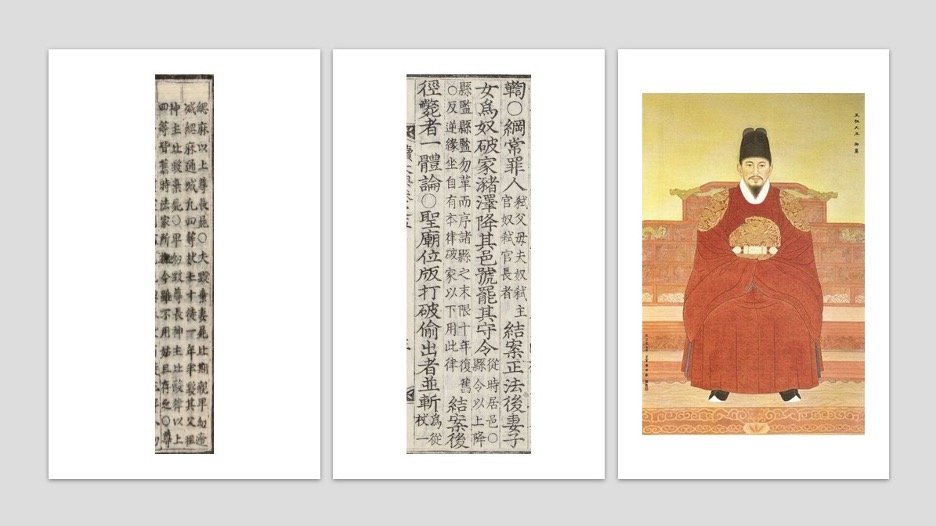time zone will be applied.
Report this post?

While Chosŏn Korea used The Great Ming Code as its penal code for centuries, its application of Ming statutes was nuanced and differed from its Ming-Qing Chinese model. Moreover, in legal cases, Ming laws were not the sole authority; Chosŏn also applied its own codified legal regulations. In addressing its first Catholic-related legal case, the Chinsan Incident of 1791, the Chosŏn state employed a mixed legal approach: the ruling elites referenced both Ming statutes, including an analogy-based provision, and a Korean-promulgated article, the “Three Fundamental Bonds and Five Constant Virtues” (kangsang-choe 綱常罪). This mixed legal practice and its historical implications warrant further scholarly attention. This study reexamines the Chinsan Incident’s historical significance by analyzing the legal rationale of Chosŏn’s ruling elites and the role of King Chŏngjo (r. 1776–1800) in the adjudication process. Considering the social and cultural milieu emphasizing ancestral veneration, the elite’s deep understanding of Ming legal practices, and the potential for political purges under the guise of anti-Catholicism, I argue that the King adhered strictly to written laws, invoked an additional Korean legal statute in the final judgment, and even redefined “perverse teaching” to conclude the case. In a political arena marked by factional conflicts, these dynamics shaped the handling of Catholic-related cases in Chosŏn Korea, forging a hybrid of Ming legal practices with Korean characteristics.
Meng-heng Lee is a Ph.D. candidate at Columbia University in premodern Korean history. His expertise lies in legal and political history of Chosŏn Korea (1392-1910) and historical Sino-Korean relations. In his dissertation, he articulates how a Chinese priest and his illegal crossing of the Sino-Korean borderland contingently shaped the anti-Catholic legal practice in late Chosŏn Korea, highlighting the critical but underestimated roles that Qing-Chosŏn relations played in the Korean legitimization of anti-Catholicism.